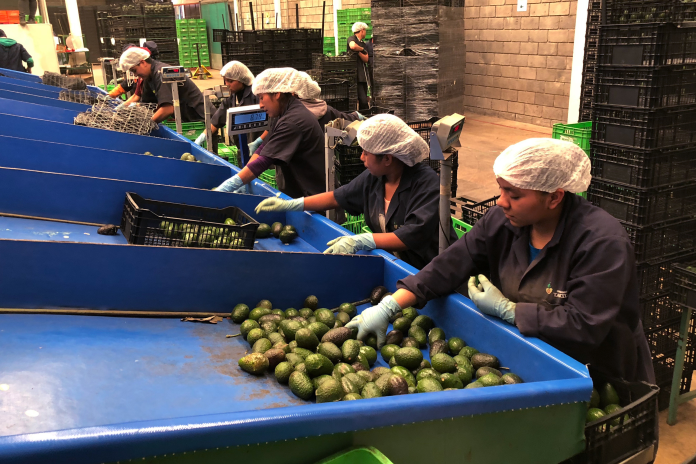USDA inspectors will gradually return to work in Mexico’s western Michoacan state after importations were temporarily suspended due to the detention and alleged attack against two USDA inspectors.
Green Gold
US Ambassador to Mexico, Ken Salazar, announced the plan to return to work on Friday, stressing the need for Mexican officials to properly address security concerns in regards to American employees.
“Progress still needs to be made to ensure its safety before reaching full operation. In fact, more work needs to be done so that APHIS [Animal and Plant Health Inspection Service] inspectors can resume inspections and thus eliminate impediments to the trade of avocado and mango to the United States from Michoacan.” the official stated.
Salazar further stated that US officials will engage in meetings with the Mexican government alongside the Association of Avocado Producers and Packers Exporters of Mexico, a nonprofit organization that represents avocado farmers and is the only organization cleared to export the fruit to the United States.
The detention of USDA inspectors led to the United States issuing a security protocol that temporarily suspended the importation of avocados from the state, along with a number of other security measures for Americans in Michoacan. Sources have stated that the two USDA employees were beaten by those who detained them; however, some avocado producers have denied this claim. USDA inspectors are employed in Mexico in order to prevent diseases from Mexican produce from being transmitted to American crops.
Previously, in 2022, the United States halted exports of avocados to Michoacan after a USDA inspector there was threatened. The inspector had alleged that a number of avocados that were to be sent to the US were actually from Puebla, not Michoacan. This pause on exports came amid the 2022 Super Bowl, a tense time for avocado exporters as many had taken out thousands of dollars worth of advertisements in preparation for the game.
While this threat may seem harmless at first glance, Mexico’s avocado production is largely under the control of cartels, with a number of murders attributed to the production and exportation of the fruit. This race to secure the avocado trade has also led to a severe impact on Mexico’s ecosystem, with reports surfacing of illegal deforestation, mass burning of land, and illegal wells that steal water from farmers growing other crops. Approximately 16,000 to 28,000 hectares (39,536–69,189 acres) have faced deforestation during the construction of plantations for avocados, according to the nonprofit Climate Rights International.
In one brutal instance, 19 people were found “hanging from an overpass, piled beneath a pedestrian bridge, or dumped on the roadside” in “various states of undress and dismemberment” in 2019, as reported by The Guardian. These killings have been attributed to struggles within the avocado trade. In another case of violence, an indigenous leader named Alfredo Cisneros was murdered after reporting on illegal logging believed to have been in connection to the production of the fruit.
The avocado trade showcases Mexico’s cartels’ expanding means of securing funds, allowing the various organizations to continue their criminal operations even when facing troubles with the narcotics trade.

